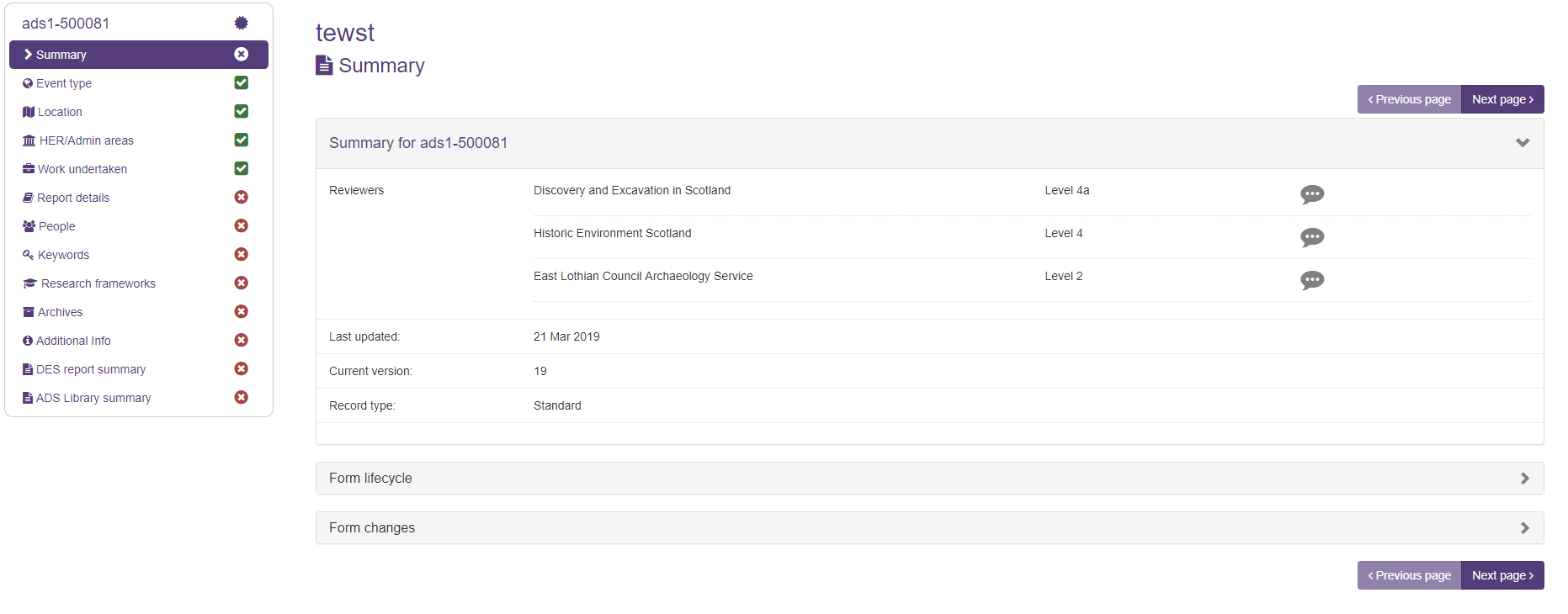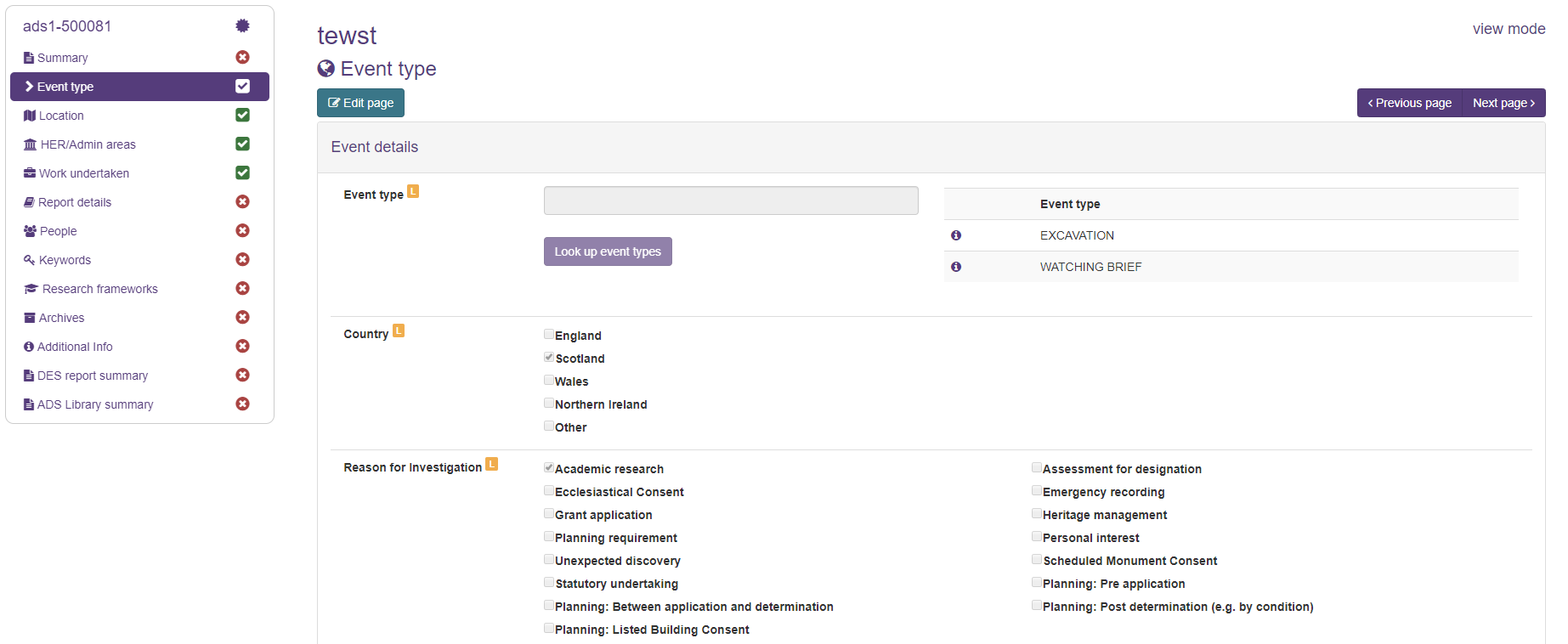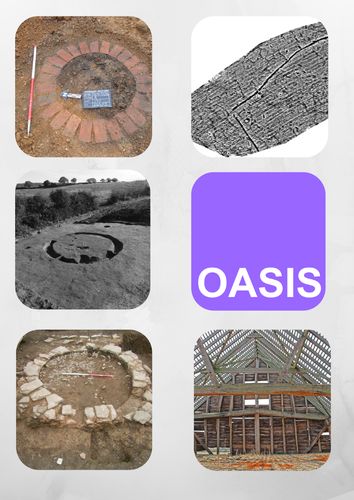
March saw the completion of the first major phase of the redevelopment of OASIS. After alot of hard-work by the team, we have finished the following major tasks:
- A new database is in place (PostGreSQL + PostGIS)
- A Java application is in place (the basis of the form) that can ‘talk’ to the database
- Workflows mapped (what happens when(
- Mapping old OASIS terms to existing heritage thesauri
- Full-scale test migration of data completed
- Testing and feedback on migration/mapping
- The basic form is in place (at last!)
The local version has been deployed to a ‘live’ server, and a group of users who have signed up are now being notified that they can log on and have a look/test what is there.
The testing phase is now running until the end of May, during which time we will be collecting and compiling comments/bugs, as well as moving on with the rest of the build.
The slides below give a very basic example of how the new form is shaping up and the sort of information recorded within.


In a nutshell, what we have completed is…
- A user can log on (change password etc)
- Do all the admin type tasks detailed in this post of October 2018
- Look at a list of their records – filter by various fields
- View/edit/create a new record
- Fill in details about the project (using FISH event thesaurus) and the new wordlists now hosted as LOD at heritage data, for example “development type“
- Record the location, and have this generate the geographic administrative areas (county/council, district, parish etc) and then generate the list of reviewers for that record (e.g. HER)
- Record monument and object (and period), again using relevant FISH thesauri
What we’ll be working on next is:
- The report / other publication section (with ability to upload a file)
- The archives section
- Moving forward with the map (currently only in a local version)
- Set up the triggers that give the user an option to fill in a specialist module (currently Buildings, Geophysics and Burial Spaces Survey)
If anyone is interested in testing over the Summer, particularly for Archives and Buildings, then please get in touch with [email protected]



